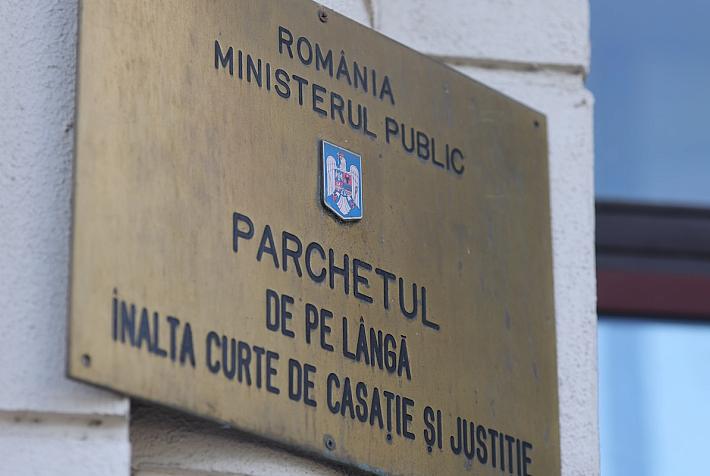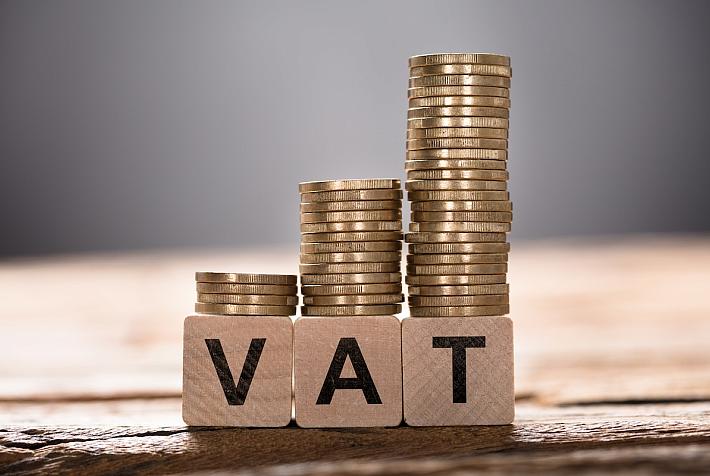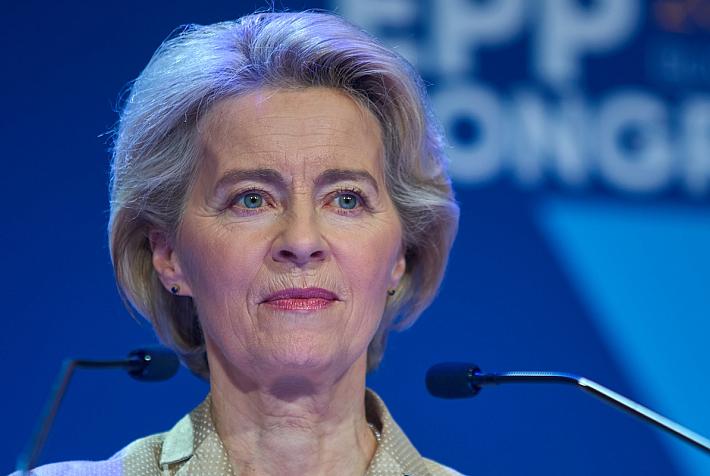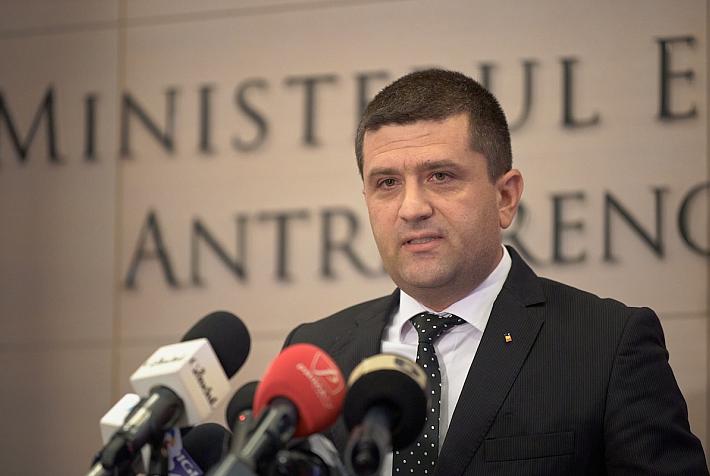IMF suggests higher fiscal transparency for Romania

The International Monetary Fund (IMF) has found Romania’s shortcomings in budgeting, GDP forecasting, public financial management, among others, and has made several improvement recommendations for the country.
The IMF recommended Romania to include more detailed macroeconomic forecasts in key budget documents and increase transparency in such documents, as well as draft fiscal reports for the wider public sector.
The fund has also asked the Romanian authorities to improve the quality and integrity of tax reports and financial reports and to extend the analysis and reporting of fiscal risks. It highlighted these recommendations in the most recent fiscal transparency evaluation for Romania, which was carried out by an IMF team in February 2014.
The evaluation, asked by the Romanian Government, concluded the country performs well against the standards set by the Fiscal Transparency Code in many areas. It scored good or advanced on 15 of the 35 surveyed topics, basic on 15 others, and ‘yet to be achieved’ on six of them.
The IMF team found progress in the public financial management since 2010. It also discovered, however, that the public corporations sector, which accounts for 10% of the country’s GDP, is not included is the country’s fiscal reports.
Romanian authorities managed to improve their budgeting process in recent years “with the medium-term budget framework covering approximately 97 percent of central government expenditure and the establishment of independent fiscal oversight,” according to the IMF. That is not enough, however. Romania still has a high rate of GDP forecasting errors, on average around 4% of GDP, and shows weakness in evaluating and overseeing public investments. It also fails to come up with or respect timelines in approving annual budgets.
Overall, the IMF believes Romania’s fiscal risk management is advanced to good in finding and reporting guarantees and risks associated with sub-national governments. However, local authorities fail to report financial sector exposure and environmental risks and to analyze the potential fiscal impact of changes in the highly volatile macroeconomic environment.
The full fiscal transparency evaluation on Romania is at IMF here.
Corina Chirileasa, corina@romania-insider.com











